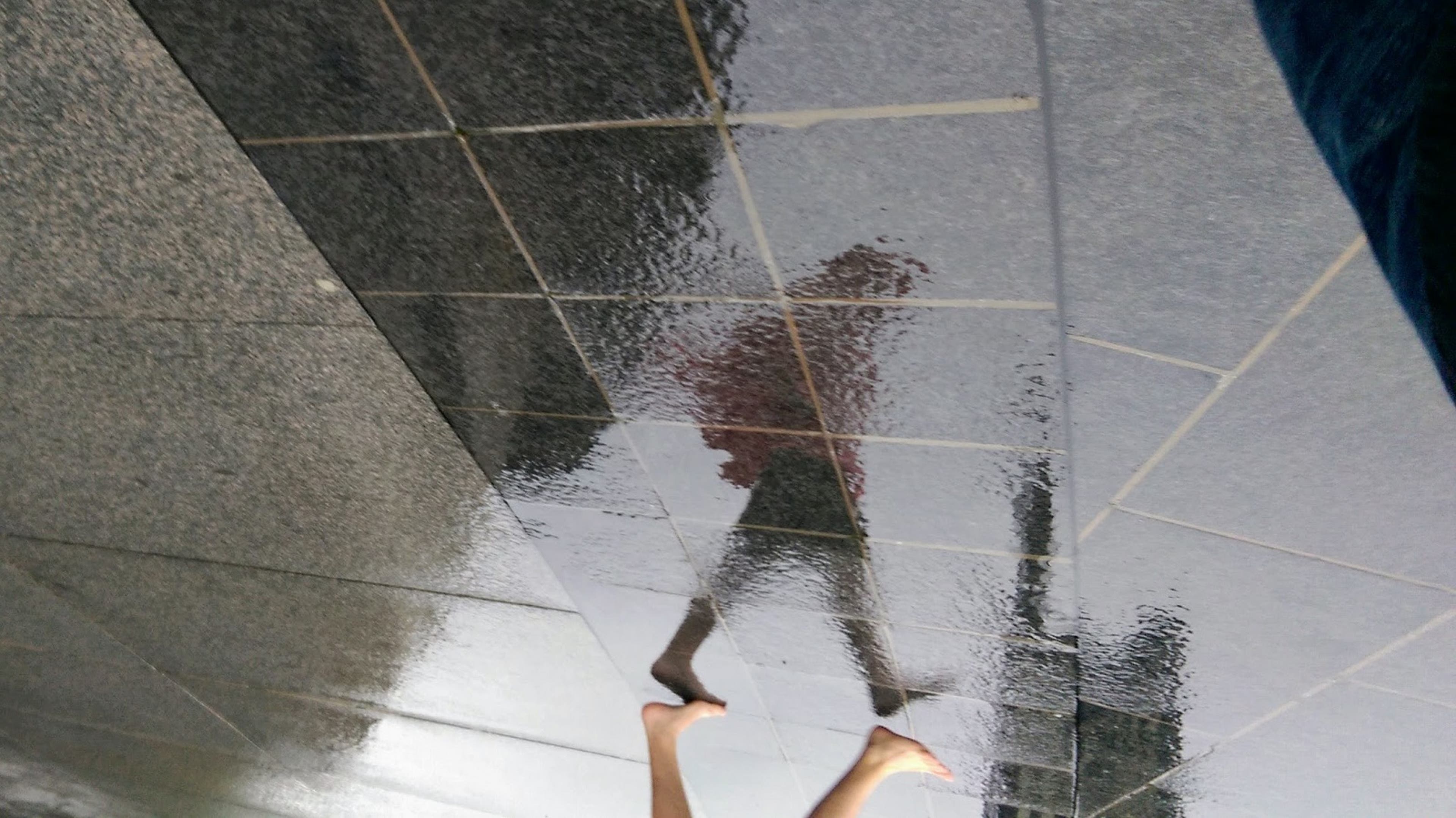People are complicated. Each of us has many facets, a thousand fractured potentials. Our thoughts and words and behavior cast shifting shadows on the world around us, on the people we touch. We watch ourselves reflected in their eyes.
We are made up of scripted roles, context-dependent mini personalities, actions and reactions.
We are, each of us, legion.
Can any machine ever really hope to capture our nature when we hardly know it ourselves?
These sorts of thoughts are the reason I'm a privacy pragmatist.
For many years, my Twitter bio has included a little quip: "We are more than the sum of our data." Even the most advanced and ubiquitous surveillance state can never hope to understand all of me.
Nevertheless, surveillance can discover and reveal parts of me I would rather keep to myself — my thoughts, my dreams, my desires.
Invasions of privacy are destructive because they de-contextualize. They stitch together disparate versions of ourselves in ways that limit our agency and strain our place in the social fabric.
Invasions of privacy are also destructive because they undermine the integrity of our identity, that closely constructed self-perception based on social roles, relationships and group memberships, which together shape our self-concept and behavior.
Identity as I've described it here is a concept from social psychology, but it's also well known in the western legal tradition.
Jonathan Kahn masterfully relates privacy and identity in a law review article titled Privacy as a Legal Principle of Identity Maintenance, now more than two decades old.
Kahn approaches privacy as a "regulative principle for constructing and managing relations between the individual and three primary spheres of engagement: society, the market, and the state."
This idea is even more salient in the data-driven world of today. As we explore our messy sociotechnical environment, we are constantly shaped by platforms that reflect, amplify and shape how others see us and how we see ourselves.
Our digital lives are forever reflected back to us in augmented and distorted ways, like the intoxicating allure of an AI-generated self-portrait. Is that me in there?
Through all the noise, is it still possible to demarcate "a space beyond the reach of market forces?"
When we provide mechanisms for empowering individuals, the answer is certainly yes. It is up to privacy pros to design systems that allow for human flourishing by respecting autonomy, providing opportunities to reclaim identity, and encourage self-discovery.
Data rights are no doubt a part of this. By exercising privacy choices, individuals can prune the tangled thickets of data that grow around us.
But equally important are the guardrails put in place by regulators and digital architects. The right conditions for identity formation and social development can mark the difference between a well-tended garden and an overgrown ruin.
As Kahn puts it, "privacy provides principles for negotiating the legal management of personhood in a manner that facilitates the development and maintenance of a coherent individual identity essential to our liberal polity's commitment to human flourishing."
Or maybe Shakespeare is a better guide.
"And since you know you cannot see yourself
So well as by reflection, I, your glass,
Will modestly discover to yourself
That of yourself which you yet know not of."
As Cassius seeks to mold Brutus to his will, modern citizens find ourselves molded and influenced by the fun-house mirror of our digital environs.
Privacy-preserving architectures are important because they can simultaneously help individuals foster a clearer reflection of themselves, while building spaces for autonomy and integrity that allow us to remain more than the sum of our data.
Even if no single privacy invasion will ever steal our whole self, each small invasion distorts and corrupts our identity.
Privacy matters because privacy keeps us human, warts and all.
Please send feedback, updates and reflections to cobun@iapp.org.
Cobun Zweifel-Keegan, CIPP/US, CIPM, is the managing editor, Washington, D.C., for the IAPP.

